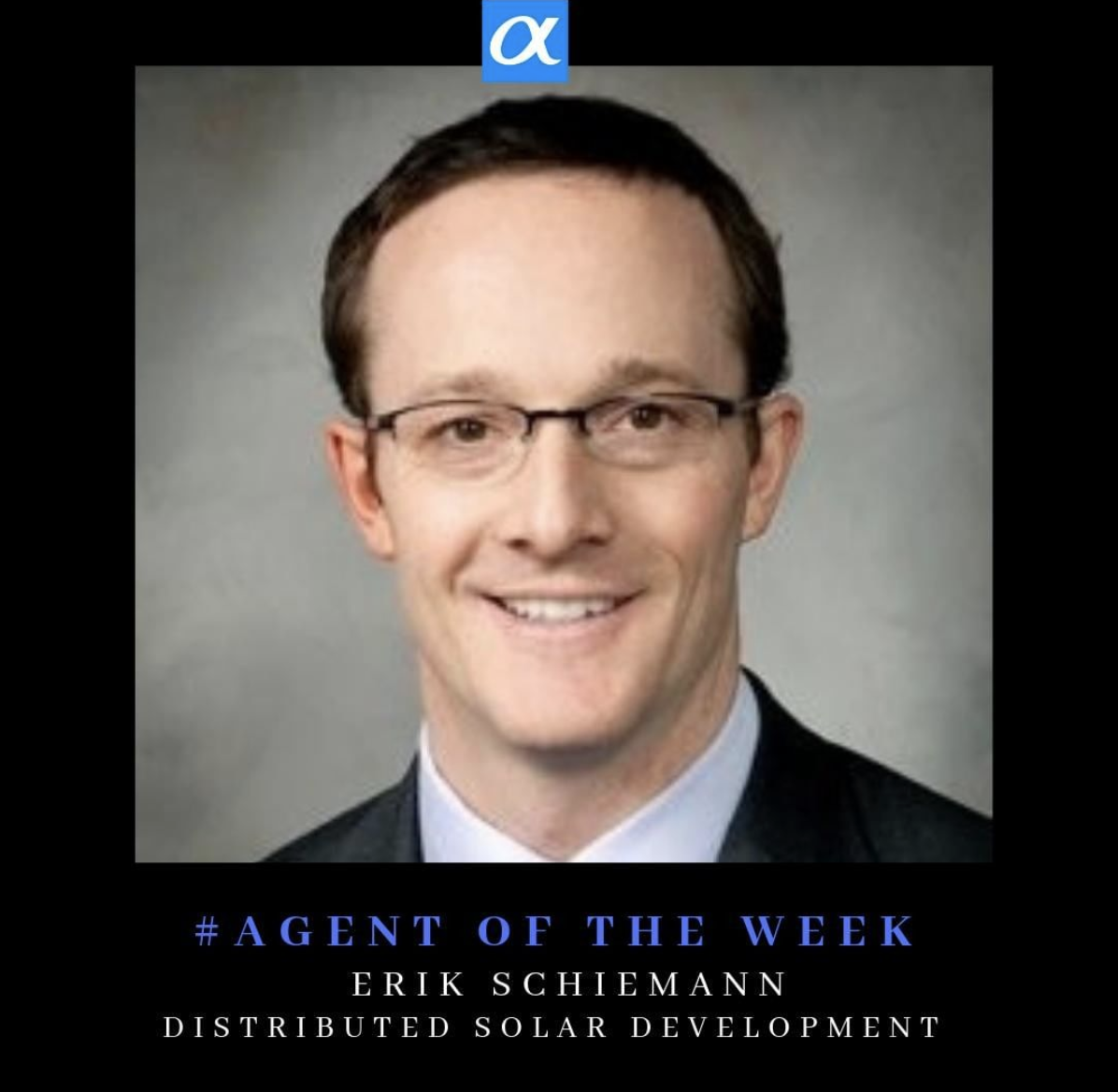One of the few bright spots in GE’s story of value destruction is the spinout of the company’s unit that designs, builds and operates distributed solar and energy storage solutions for commercial customers.
The new firm, Distributed Solar Development, will be owned 20% by GE and 80% by a renewable energy fund managed by BlackRock.
Schiemann, a longtime GE executive, faced a classic “innovator’s dilemma” in nurturing GE Solar within the corporate giant since 2012 (the concept, popularized by Harvard’s Clayton Christensen, tries to explain why even successful legacy companies often lose market leadership to disruptive technologies and nimble startups).
Distributed Solar used products not made by GE and brought its parent company no big customer service contracts. Some GE executives considered distributed solar power a threat to the company’s traditional power business.
“There was a lot of debate about what I was doing,” Schiemann says. “I argued that if we don’t try to disrupt our own business, someone else will.”
Infect the host
The case study should inspire other sustainability intrapreneurs trying to “infect the host” at large legacy companies. Solar was a tiny part of GE’s renewable energy business, compared to wind and hydro.
As head of a standalone company, Schiemann says he’ll get lower-cost capital, lower transaction costs, quicker execution and the ability to own some of the projects he develops. Customers, he says, get one throat to choke.
Distributed Solar plans to quadruple its own annual project pipeline, to 400 megawatts, in five years. BlackRock, which already has invested $5 billion in more than 250 solar and wind projects totaling 5.2 gigawatts of capacity, will get deeper access to “the tremendous growth potential in the U.S. solar industry,” BlackRock’s David Giordano said in a statement.
Follow ImpactAlpha on Instagram.
Follow the Talent: ImpactAlpha’s ‘Agents of Impact’ Special Report for July 26











